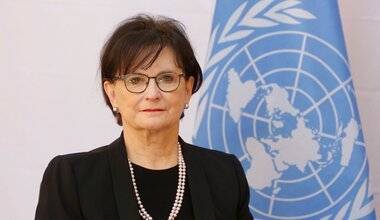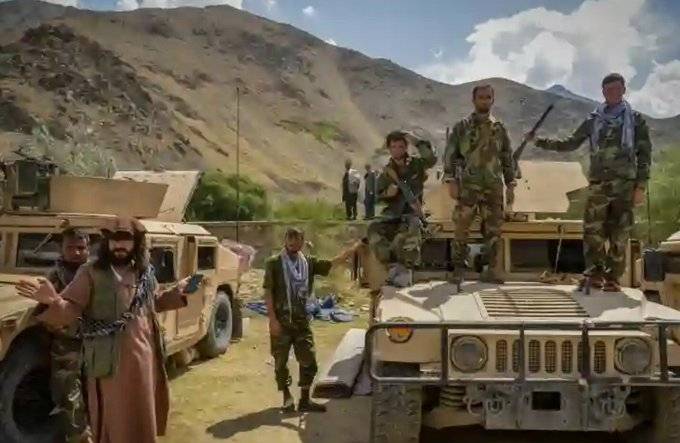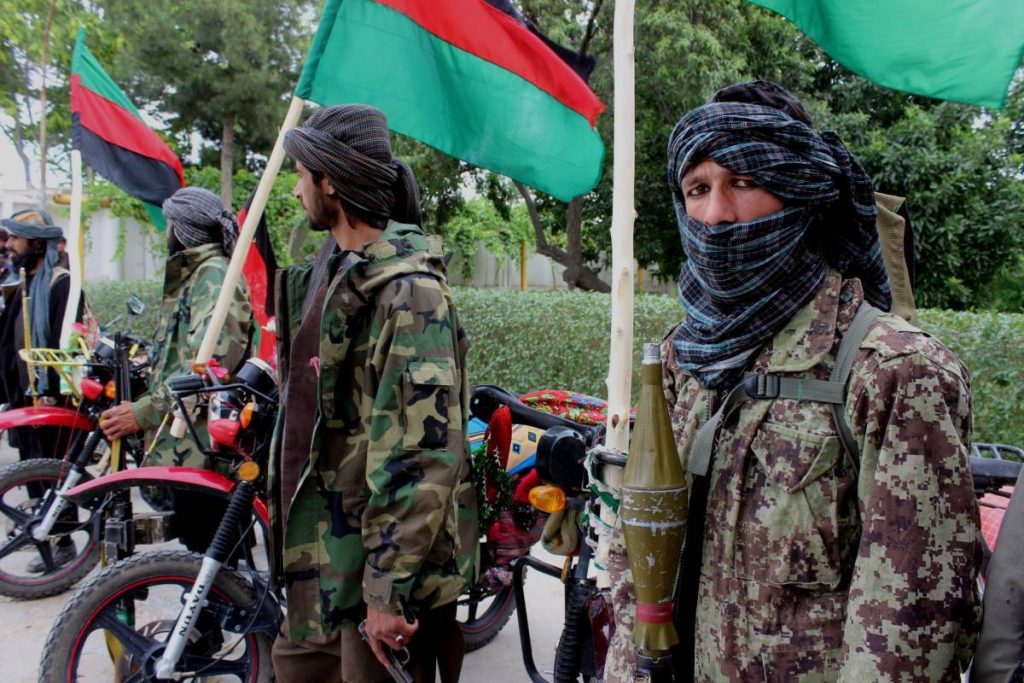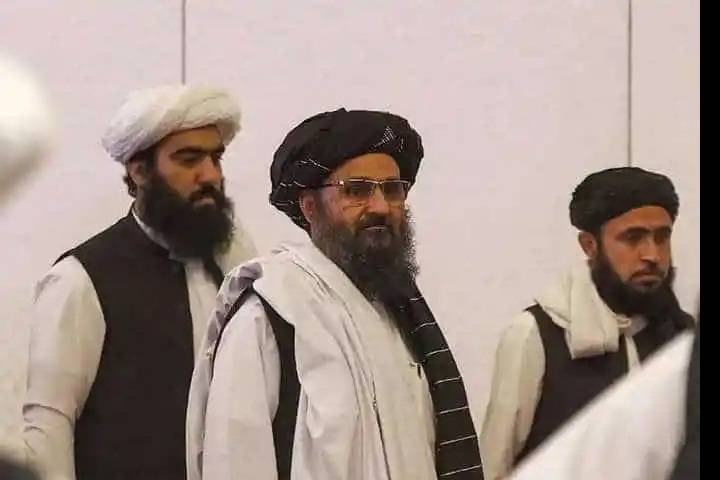UN Special Representative for Afghanistan, Deborah Lyons said Al Qaeda members remain in Afghanistan, visibly welcomed and sheltered by the de facto Taliban authorities, reports Sanjeev Sharma
Many members of the new Taliban cabinet are on the United Nations sanctions list, including the Prime Minister, two Deputy Prime Ministers and the Foreign Minister, according to the UN Special Representative for Afghanistan, Deborah Lyons.
“What is of immediate and practical importance to those around this table is that of the 33 names presented, many are on the United Nations sanctions list, including the Prime Minister, two Deputy Prime Ministers and the Foreign Minister. All of you will need to decide which steps to take regarding the sanctions list, and the impact on future engagements,” Lyons said in a briefing to the UN Security Council.
“Those who hoped for, and urged for, inclusivity will be disappointed. There are no women in the names listed. There are no non-Taliban members, no figures from the past government, nor leaders of minority groups. Instead, it contains many of the same figures who were part of the Taliban leadership from 1996 to 2001,” she said.

“Al Qaeda members remain in Afghanistan, visibly welcomed and sheltered by the de facto Taliban authorities. Islamic State Khorasan Province remains active and could gain strength. Concerns on these essential matters of international terrorism will not be allayed simply by Taliban promises,” Lyons added.
The UN envoy said that they are also concerned that despite the many statements granting general amnesties to ANDSF (Afghan National Defense and Security Forces) personnel and those who have worked as civil servants, there have been credible allegations of reprisal killings of ANDSF personnel, and the detention of officials who worked for the previous administrations.
“We have received reports of members of the Taliban carrying out house-to-house searches and seizing property, particularly in Kabul,” she said.

And while the Taliban have provided many assurances that they will respect the rights of women within Islam, Lyons said they are receiving increasing reports where the Taliban have prohibited women from appearing in public places without male chaperones besides preventing women from working. They have limited girls’ access to education in some regions and have dismantled the Department of Women’s Affairs across Afghanistan, as well as targeting women’s NGOs.
“We are also extremely disturbed at the increasing violence used against Afghans who are protesting Taliban rule. This violence includes shooting above the crowds, persistent beatings, intimidation of media, and other repressive measures. Instead, the Taliban should seek to understand the legitimate grievances of these many Afghans who fear for their futures,” Lyons added.

The impact of these recent developments is also felt beyond the Afghan borders. Many countries around Afghanistan are apprehensive about how the Taliban rule will affect their own security.
“They fear the effect of an expanded Islamic State that the Taliban cannot contain. They also fear a wave of refugees coming across their borders. They fear the consequences of the large amount of arms left behind in Afghanistan. They fear that the Taliban will be unable to stem the illegal economy and the flow of drugs from Afghanistan,” Lyons said.

